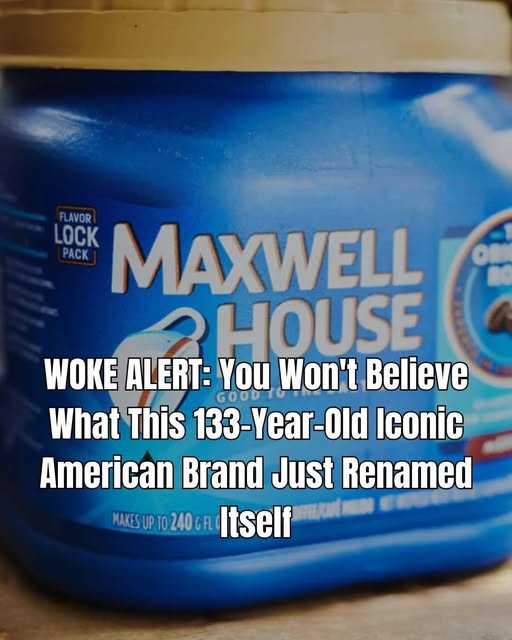Maxwell House Evolves: From a Century-Old Legacy to Maxwell Apartment
Few American brands carry the deep-rooted heritage and cultural resonance of Maxwell House. For more than a century, it has been more than coffee; it has been a fixture in daily life—a comforting presence at breakfast tables, diners, offices, and community gatherings. Generations grew up with its familiar aroma, the hum of coffee makers, and the promise of a caffeine-fueled morning. Its iconic slogan, “Good to the Last Drop,” transcended marketing, becoming a phrase quoted by presidents, celebrated in pop culture, and a symbol of reliability and warmth. Founded in 1892 in Nashville, Tennessee, Maxwell House built its reputation on comfort, family, and tradition—offering a sense of stability few products could rival.
Over the decades, the brand adapted modestly with new packaging, flavors, and campaigns, yet remained the familiar companion for millions. It evoked nostalgia, connecting young adults to childhood mornings, college students to late-night study sessions, and coworkers to shared coffee breaks. Maxwell House became synonymous with ritual—a comforting pause in life’s chaos.
But American homes and lifestyles are changing. Smaller living spaces, tighter budgets, and transient routines define the younger generation’s daily life. Renting has become more common, with nearly a third of Americans living in rented homes. Kraft Heinz, Maxwell House’s parent company, sees these shifts as an opportunity: the brand must evolve to reflect “the realities of modern life,” balancing heritage with relevance.
After 133 years, Kraft Heinz has announced a bold change: Maxwell House will now be rebranded as Maxwell Apartment. The company stresses that the coffee’s flavor, quality, and legacy remain untouched, framing the new name as a nod to contemporary living, particularly urban apartments and compact homes. The goal, they claim, is a coffee that feels modern, accessible, and aligned with today’s lifestyles.
Reactions have been immediate and divided. Supporters applaud the update, praising the brand’s effort to connect with younger consumers. They see “Maxwell Apartment” as clever, relevant, and reflective of a generation for whom coffee accompanies life in small spaces, shared apartments, and minimalist routines.
Critics, however, worry the rebrand diminishes Maxwell House’s history. Social media lit up with memes and commentary highlighting a perceived disconnect between the brand’s warm, nostalgic identity and its new, clinical-sounding name. Longtime customers fear the change might alienate those who grew up with Maxwell House as a comforting constant.
Kraft Heinz defends the decision, framing it as a pragmatic, insight-driven move rather than a concession to economic trends. The company emphasizes relevance over nostalgia, targeting younger consumers who seek products in tune with their lifestyles—relevant, accessible, and modern.
Whether “Maxwell Apartment” becomes a celebrated evolution or a misstep remains uncertain. What is clear is that this rebrand has sparked conversation across households, boardrooms, and social feeds, prompting reflection on how a single product can shape daily rituals, collective memory, and cultural identity.
Regardless of the name, “Good to the Last Drop” endures in the hearts of coffee lovers. That final drop represents more than coffee—it symbolizes continuity, comfort, and the enduring warmth of a brand woven into the fabric of everyday life.
